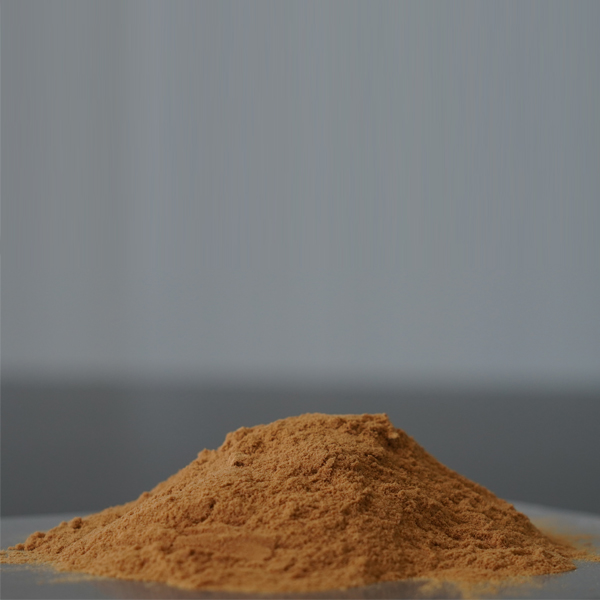
News
Окт . 22, 2024 15:04 Back to list
Industrial Cleaners Utilizing Chelating Agents for Enhanced Cleaning Efficiency
The Role of Chelating Agents in Industrial Cleaners
In the realm of industrial cleaning, the efficacy and safety of cleaning products are paramount. One of the significant components contributing to the effectiveness of these cleaners is the chelating agent. These versatile compounds have transformed the way industries approach cleaning challenges, providing solutions that are not only effective but also environmentally friendly.
Understanding Chelating Agents
Chelating agents are compounds that can form multiple bonds with a single metal ion. This property allows them to grab metal ions in solution, rendering them more soluble and effectively removing them from surfaces or environments where they cause problems. Common industrial metals that often require treatment include calcium, magnesium, and iron, which can lead to scale buildup and staining if not properly managed.
The action of chelating agents is particularly critical in situations where hard water is prevalent. Hard water contains high concentrations of dissolved minerals, leading to mineral deposits that can compromise the cleanliness and integrity of equipment and surfaces. Industrial chelating agents work by binding with these minerals, thereby preventing them from precipitating out of solution and forming scale.
Applications in Industrial Cleaning
In industrial settings, where machinery and equipment are constantly exposed to harsh conditions, maintaining cleanliness is essential for operational efficiency. Chelating agents are employed in various cleaning products used in sectors such as food processing, pharmaceuticals, and manufacturing.
1. Food Industry In food processing facilities, the cleanliness of machinery and surfaces is crucial to prevent contamination. Chelating agents help in breaking down minerals and biofilms, allowing for a thorough clean without damaging the equipment.
2. Pharmaceutical Manufacturing In this industry, stringent hygiene standards are necessary. Chelating agents are used to ensure that all surfaces are free from metal contaminants that could compromise the efficacy of pharmaceutical products.
3. Metal Cleaning In manufacturing processes, metal parts often require degreasing and cleaning to remove oils, grease, and metal ions. Chelating agents can be included in metal cleaners to enhance the cleaning process and protect the surface of the metals.
Advantages of Using Chelating Agents
chelating agent industrial cleaners factory

The incorporation of chelating agents in industrial cleaners offers several benefits
- Enhanced Cleaning Efficiency By binding to metal ions, chelating agents increase the cleaning power of detergents, leading to faster and more effective results.
- Prevention of Scale Formation Regular use of chelating agents helps in the prevention of scale buildup, prolonging the life of equipment and reducing maintenance costs.
- Versatility Chelating agents can be formulated for various pH levels and cleaning conditions, making them suitable for a wide range of applications.
- Environmental Considerations Given that many industries are moving towards greener cleaning solutions, chelating agents present an ecologically sound option. Many are biodegradable and less toxic compared to traditional acids and solvents.
Challenges and Considerations
While the benefits are clear, there are challenges to be aware of. Misuse of chelating agents can lead to environmental issues, particularly concerning waterways. Therefore, it is crucial to select appropriate chelating agents based on their environmental profiles and to ensure proper disposal practices.
Additionally, formulation compatibility must be considered. Chelating agents can interact with other components in cleaning products, potentially diminishing their overall effectiveness. This necessitates thorough testing and formulation optimization to achieve the desired cleaning results.
Conclusion
Chelating agents have become indispensable in the formulation of industrial cleaners, offering a unique solution to challenges posed by metal ions and hard water. As industries continue to emphasize efficiency and environmental responsibility, the role of these compounds is set to grow. With continuous advancements in chemistry and an increasing commitment to sustainable practices, the future of industrial cleaning looks promising, driven by the effectiveness and versatility of chelating agents. As we move forward, embracing these powerful tools will be essential to maintaining operational excellence and promoting environmental stewardship in industrial cleaning applications.
-
OEM Polymer of Aspartic Acid Supplier L & D Aspartic Acid Customization High-Quality, Eco-Friendly Solutions
NewsJun.10,2025
-
CAS 64723-18-8 High Quality Supplier & Manufacturer Get Instant Quotes Online
NewsJun.10,2025
-
OEM Thermal Polyaspartic Acid - Leading Manufacturer & Supplier for Efficient Heat-Resistant Solutions
NewsJun.10,2025
-
Premium Polymer of Amino Acids High Purity & Factory Pricing
NewsJun.10,2025
-
Premium Micronutrients Plant Fertilizer for Healthy Crops Quote Now
NewsJun.10,2025
-
Premium EDTA-4Na Supplier & Manufacturer Competitive Quotes
NewsJun.09,2025
